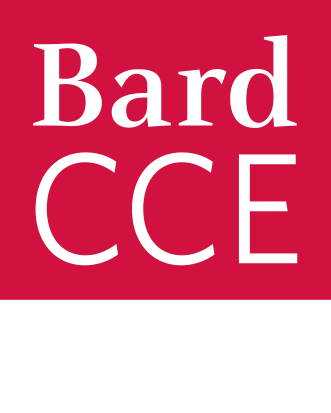Discover the timeline of Bard College fight for the student vote
-
Three Bard students sue to register in Red Hook
In the first attempt to get the right for college students to vote, three Bard Students sued the Dutchess Country Board of Elections and were granted the right to register by Supreme Court Justice Joseph F. Gagliardi. Read the article about this event in Poughkeepsie Journal from October 28, 1976.
-
Student Activists for Voting Equality win the right for Dutchess County students to vote
In 1999, Bard and Vassar students joined together to challenge Republican Election Commissioner William Paroli Sr.’s illegal impediments to student voter registration. In 2000, a bipartisan county legislative committee looked into the matter and concluded unanimously that not only do students have the right to vote locally, but “The Dutchess County Board of Elections should encourage the use of voting franchise among students.” Even so, it took Paroli’s conviction on an unrelated felony to produce change and allow students the right to vote where they live, work and study.
-
Conflicts at the polls lead to a fight to have Bard votes counted
In 2009, voter intimidation and a poorly written legal decision by Judge Brands in Poughkeepsie led to students being needlessly challenged at the ballot box. Many of those challenged students were required to vote via affidavit ballot, even if living at the exact same address where they were registered. This was an effective tool, as affidavit ballots are frequently disqualified over technicalities during the counting process.
-
Students from Bard, Marist, Vassar and the Culinary Institute of America sue the Dutchess County Election Commission over rejected voter registrations
During the 2012 election season, voter registration forms were rejected from Bard, Culinary Institute of America, Marist and Vassar students. With the help of the NYCLU, a class-action lawsuit was filed against the Dutchess County Board of Elections. The affected students successfully challenged a decision by Dutchess County Republican Elections Commissioner Erik Haight to reject their applications because they didn’t list their dormitory name.
-
Bard students and the administration file multiple petitions and get a polling site on the Bard campus
Even after their right to vote was confirmed, Bard students faced the problem of getting to the polling site: the St. John's Episcopal Church in Barrytown, which served as a District 5 polling place, was not easily accessible by public transport, and its small capacity led to long lines. After years of pleading with the Board of Elections to move the polling site, there seemed to be progress during COVID-19: Judge Rosa ordered to open an additional polling location in the Bard Campus Center, citing its ability to provide enough space for social distancing.
-
Bard and The Andrew Goodman Foundation win a lawsuit for a permanent on-campus polling site
Despite the successful Election Day in 2020 with a polling location on Bard campus, the Board of Elections refused to certify the Campus Center for the 2021 elections. Bard, in coalition with the Andrew Goodman Foundation files a lawsuit, and the New York Appellate Division found that, following Bard’s prior 2020 litigation victory, Commissioner Haight’s continued efforts in 2021 to prevent on-campus voting were “arbitrary and capricious.”
-
New York State legislation requires an on-campus polling site for colleges and universities with 300 or more registered voters
In 2022, as a direct result of lawsuits filed by The Andrew Goodman Foundation and Bard College, New York State Legislature passed legislation to mandate polling places on college campuses with 300 or more registered students and prevented the division of campuses into multiple voting districts. The experience of generations of Bard students, many of whom have served as Andrew Goodman Ambassadors, in battling voter suppression efforts by the Dutchess County Board of Elections was central to the arguments for the need for a statewide legislative fix.
